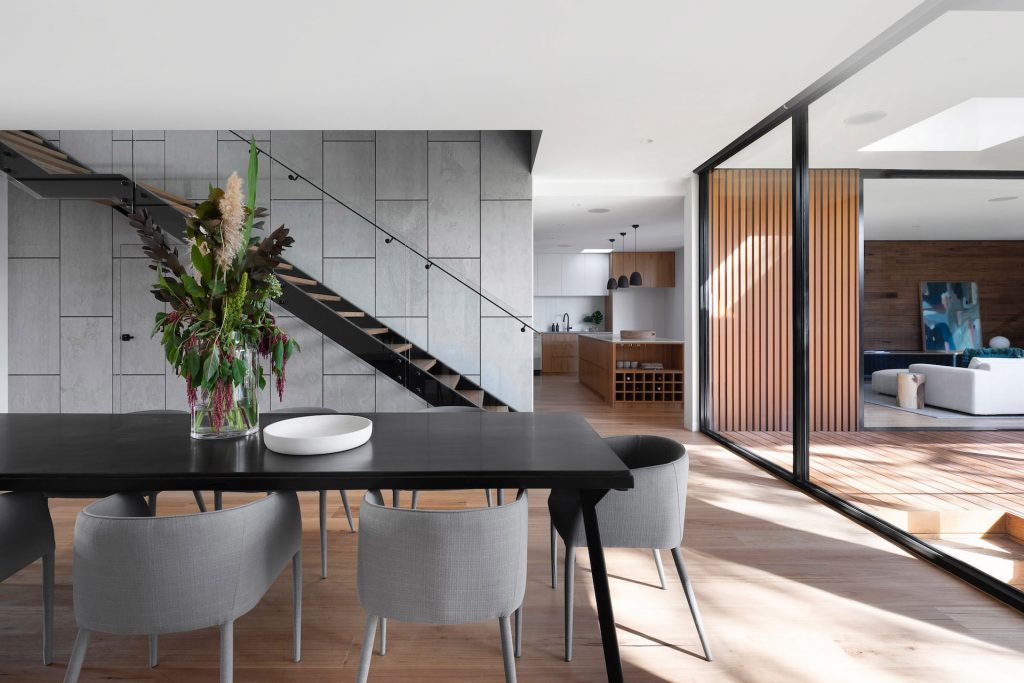The Benefits of Having an Income Property in Your Principal Residence
Owning an income property within your principal residence can be a cost-effective strategy for both providing shelter and enhancing your financial stability. Here are some key benefits and considerations, especially relevant to homeowners in Ontario, Canada.
Financial Benefits
- Mortgage Assistance: Renting out a portion of your home can generate a steady stream of income, which can be used to pay down your mortgage faster. This additional income can also make it possible to qualify for a higher mortgage amount when purchasing your home, thereby potentially allowing you to buy a more desirable property.
- Tax Benefits: While the Canada Revenue Agency (CRA) requires that you report rental income, you can also deduct a portion of your property expenses, such as utilities, property taxes, and mortgage interest, which are attributable to the rental portion of your home. This can significantly reduce your taxable income
- Capital Gains Considerations: If you sell your home, the portion used as a rental property may be subject to capital gains tax. However, the principal residence exemption can still apply to the portion used as your primary residence, which can help mitigate tax liabilities

Practical Considerations
- Use of Space: The CRA allows for rental use of a part of your principal residence without affecting its status, provided the rental use is ancillary to the main residential use and no significant structural changes are made. This means you can rent out a basement suite or a portion of your home while maintaining its primary use as a residence
- Flexibility and Lifestyle: Renting out part of your home can provide flexibility, especially if you have additional space that is underutilized. This can be a practical solution for individuals or families who might need extra income but prefer not to move to a smaller home.
- Community and Social Benefits: Offering rental units within your home can help provide affordable housing options in your community. It also fosters a sense of community and can be a rewarding experience by providing safe housing for families or individuals in need.

Legal and Regulatory Considerations
- Zoning and Bylaws: It’s important to check local zoning laws and municipal bylaws in Ontario to ensure that renting out a part of your home is compliant. Some municipalities have specific regulations regarding secondary suites or rental units within a principal residence.
- Tenant Rights: Familiarize yourself with Ontario’s Residential Tenancies Act, which outlines the rights and responsibilities of both landlords and tenants. This includes understanding lease agreements, notice periods, and tenant protections.
- Insurance: Ensure that your home insurance policy covers rental activities. Some policies may require additional coverage for liability and property damage associated with renting out a portion of your home.

Conclusion
Converting part of your principal residence into an income property can be a smart financial move that helps accelerate mortgage payments, provides tax benefits, and offers flexibility. However, it’s essential to navigate the legal, tax, and practical aspects carefully to make the most of this opportunity. For more detailed guidance, consider consulting with a tax advisor or real estate professional.
By making informed decisions and understanding the benefits and responsibilities, homeowners in Ontario can successfully integrate an income property into their principal residence and enjoy both financial and personal rewards.
For more detailed information, you can refer to the CRA’s guidelines on principal residence changes and rental income regulations

